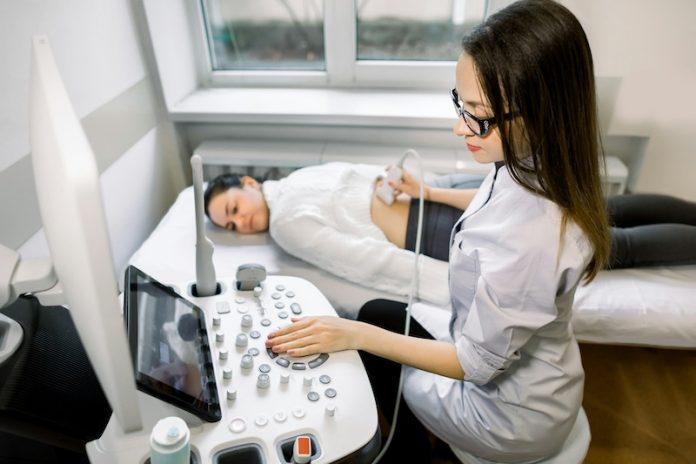
A new study has found that a common cholesterol-lowering drug, rosuvastatin, might increase the risk of kidney problems.
The study was published in the Journal of the American Society of Nephrology and compared two popular cholesterol medications: rosuvastatin and atorvastatin.
Cholesterol is a fatty substance found in the blood. When too much cholesterol builds up, it can clog blood vessels and raise the risk of heart disease and stroke.
To lower these risks, many doctors prescribe medicines called statins. Rosuvastatin (often sold as Crestor) and atorvastatin (sold as Lipitor) are two well-known statins that help lower bad cholesterol and protect the heart.
While these drugs are good at reducing cholesterol, researchers wanted to find out how they affect the kidneys. The kidneys are important organs that help filter waste and extra water from the blood. If they are damaged, it can lead to serious health problems.
The research team looked at the medical records of over 900,000 people who had recently started taking either rosuvastatin or atorvastatin. They followed the patients to see if they developed any kidney problems.
They found that people who took rosuvastatin were more likely to have signs of kidney damage. Some showed blood in their urine (called hematuria), while others had too much protein in their urine (called proteinuria). In the worst cases, some needed kidney replacement therapy, which includes treatments like dialysis or a kidney transplant.
The study also showed that the risk of kidney problems was higher when people took larger doses of rosuvastatin. This means that the amount of the drug a person takes matters, and doctors should be careful when prescribing high doses.
This study is important because many people around the world take statins. It reminds us that while these drugs can protect the heart, they might have side effects that affect other parts of the body. People who already have kidney issues need to be especially careful and talk to their doctor about which cholesterol medicine is best for them.
It’s always a good idea for patients to ask their doctors about the pros and cons of any medication. Regular health check-ups can help catch early signs of kidney problems. If caught early, some kidney issues can be treated before they get worse.
The findings from this study don’t mean that everyone should stop taking rosuvastatin. But they do show that more attention should be paid to how different medicines affect the kidneys. More research is needed to understand why rosuvastatin has this effect and how to make it safer.
In the meantime, patients should keep taking their prescribed medications unless told otherwise by their healthcare provider. They should also share any unusual symptoms with their doctor, such as changes in urination or swelling in the legs or feet.
This study helps people make more informed choices about their health. By understanding the risks and benefits, patients and doctors can work together to find the safest and most effective treatment.
If you care about kidney health, please read studies about pesticide linked to chronic kidney disease, and this drug may prevent kidney failure in people with diabetes.
For more health information, please see recent studies about drug duo that may treat kidney failure, and results showing these vegetables may protect against kidney damage.
Copyright © 2025 Knowridge Science Report. All rights reserved.



